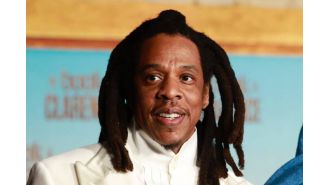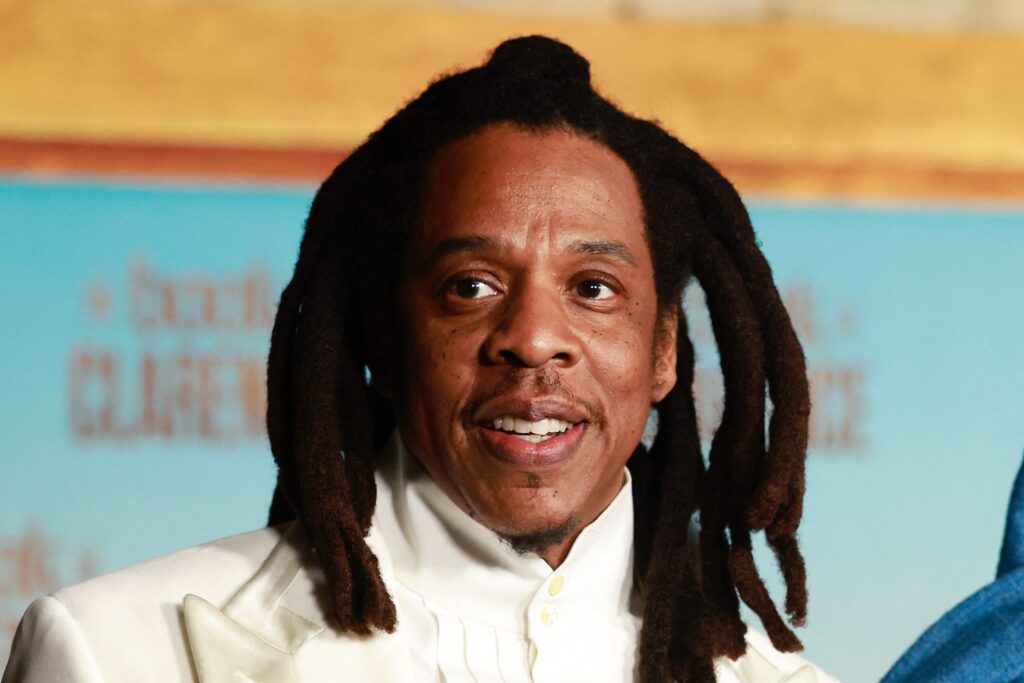Big week for Trump's hush money trial with closing arguments, jury instructions, and potential verdict.
NY trial on Trump's hush money ends after 4 weeks, 20+ witnesses.

After more than four weeks and almost two dozen witnesses, the testimony in Donald Trump's New York hush money trial has come to a close. Now, the case heads into the crucial final stage of closing arguments, jury deliberations, and the possibility of a verdict. It's difficult to predict how long this process will take, but this week could prove to be the most significant in this landmark trial that has already featured many noteworthy moments.
So, what can we expect in the days ahead? Well, it all starts with the closing arguments on Tuesday morning. Both the prosecution and defense will have one last chance to sway the jury with their arguments, which are expected to last for most of the day. These arguments do not serve as evidence in the case, but rather as a summary of the key points that each side wants to leave with the jurors before they retreat behind closed doors to deliberate.
The prosecution will likely emphasize the reliability of the financial documents and witnesses presented, including Stormy Daniels and Michael Cohen. Daniels, a porn star, alleges that she had a sexual encounter with Trump, which is at the heart of the case. Cohen, Trump's former lawyer and personal fixer, testified that Trump was directly involved in the hush money scheme and authorized payments. On the other hand, the defense, which only called two witnesses and not Trump himself, does not have to prove anything or convince the jury of Trump's innocence. Their goal is to convince at least one juror that the prosecution has not proven Trump's guilt beyond a reasonable doubt, the standard for criminal cases.
The defense is likely to challenge the government's case by disputing Daniels' testimony and distancing Trump from the reimbursements to Cohen, who was responsible for the $130,000 hush money payment to Daniels. They may also reiterate their argument that Trump's primary concern was protecting his family from damaging stories, not winning the election, when it comes to the hush money payments. Additionally, they will likely attack Cohen's credibility, as his testimony will play a significant role in the jury's decision.
After the closing arguments, there will be a critical moment before the jury begins deliberations. Judge Juan M. Merchan is expected to spend about an hour providing the jury with instructions on the law governing the case. This will serve as a roadmap for what the jurors can and cannot consider when determining Trump's guilt or innocence. The importance of these instructions is evident as both the prosecution and defense argued for their preferred instructions last week.
Once the jury begins deliberations, they will do so in secret. They can communicate with the court through notes, but without knowing what they are saying to each other, it is challenging to interpret their progress. There is no set time limit for deliberations, and with 34 counts to consider, it may take some time for the jury to reach a verdict. However, to reach a verdict, all 12 jurors must agree on the decision for the judge to accept it.
If the jury is unable to reach a unanimous decision after several days of deliberations, things get more complicated. The defense may request a mistrial, but the judge is likely to instruct the jurors to continue trying for a verdict and to reconsider their positions without compromising their beliefs. If the jury is still unable to reach a verdict, the judge may declare a mistrial.
As this high-stakes trial enters its final stage, all eyes are on the jurors as they hold the fate of the former president in their hands. It remains to be seen if they will reach a verdict this week or if this case will stretch on for even longer. Only time will tell.










